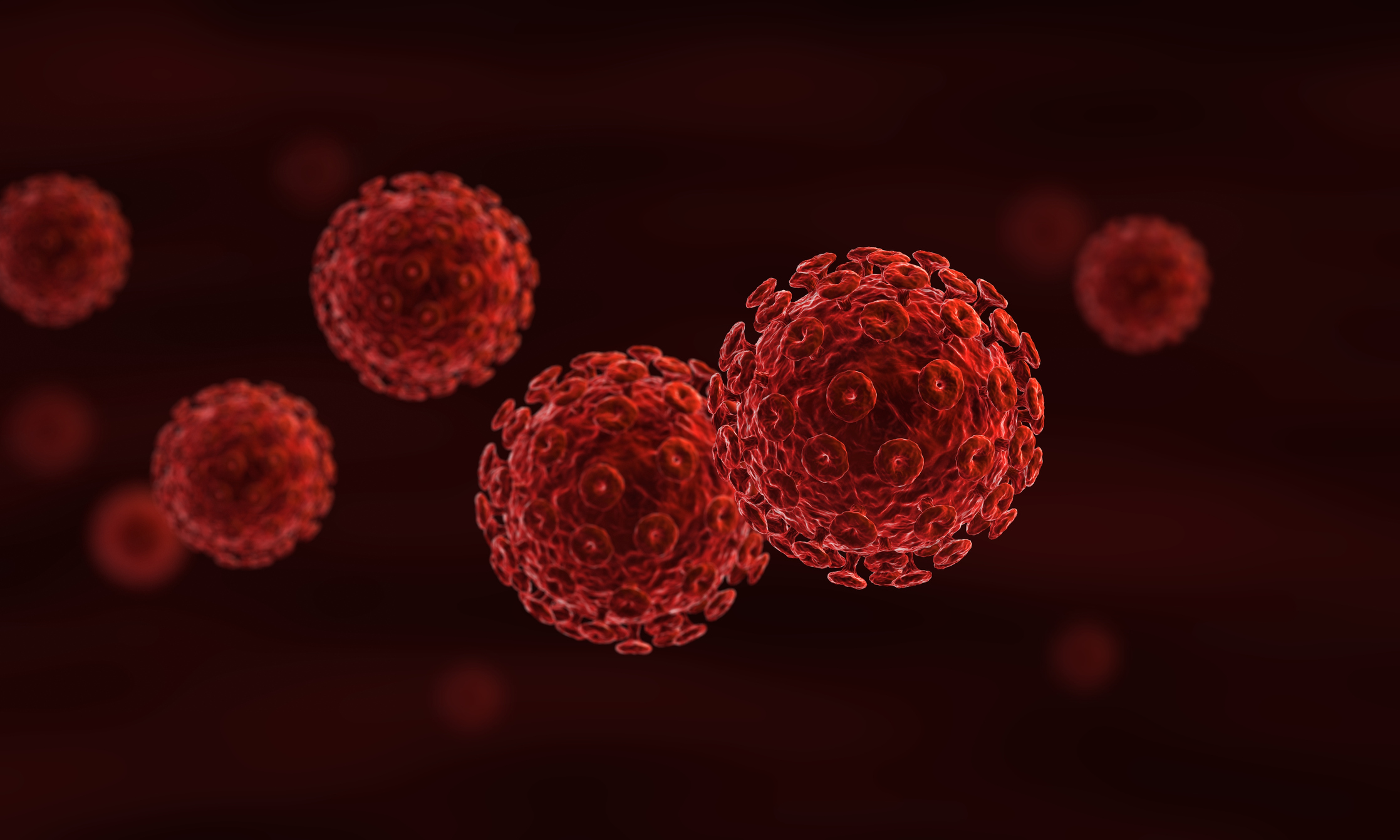Antigenic drift of the hemagglutinin (HA) and neuraminidase (NA) proteins of influenza virus cause decrease in vaccine efficacy. Since the information about the evolution of these viruses in Saudi is deficient so we investigated the genetic diversity of circulating H1N1 viruses.
Nasopharyngeal aspirates/swabs collected from 149 patients hospitalized with flu like symptoms during 2014 and 2015 were analyzed. Viral RNA extraction was followed by RT-PCR and genetic sequencing. We analyzed complete gene sequences of HA and NA from 80 positive isolates.
Phylogenetic analysis of HA and NA genes of 80 isolates showed similar topologies and co-circulation of clades 6b. Genetic diversity was observed among circulating viruses belonging to clade 6B.1A. The amino acid residues in the HA epitope domain were under purifying selection. Amino acid changes at key antigenic sites, such as position S101N, S179N (antigenic site-Sa), I233T (antigenic site-Sb) in the head domain might have resulted in antigenic drift and emergence of variant viruses. For NA protein, 36% isolates showed the presence of amino acid changes such as V13I (n=29), I314M (n=29) and 12% had I34V (n=10). However, H257Y mutation responsible for resistance to neuraminidase inhibitors was missing.
Presence of amino acid changes at key antigenic sites and their topologies with structural mapping of residues under purifying selection highlights the importance of antigenic drift and warrants further characterization of recently circulating viruses in view of vaccine effectiveness. The co-circulation of several clades and the predominance of clade 6B.1 suggest multiple introductions in Saudi. This article is protected by copyright. All rights reserved.
This article is protected by copyright. All rights reserved.
Antigenic Drift of Hemagglutinin and Neuraminidase in seasonal H1N1 influenza Viruses from Saudi Arabia in 2014-2015.


